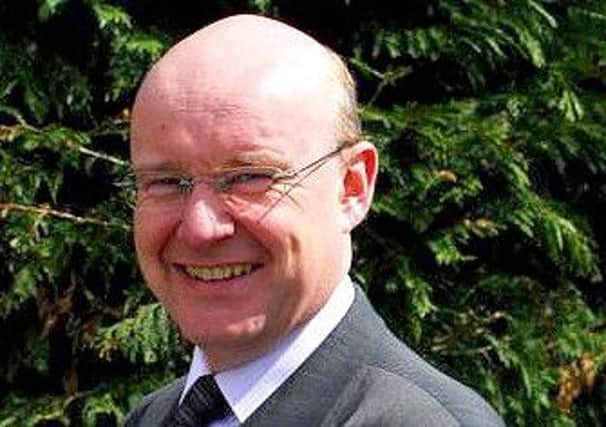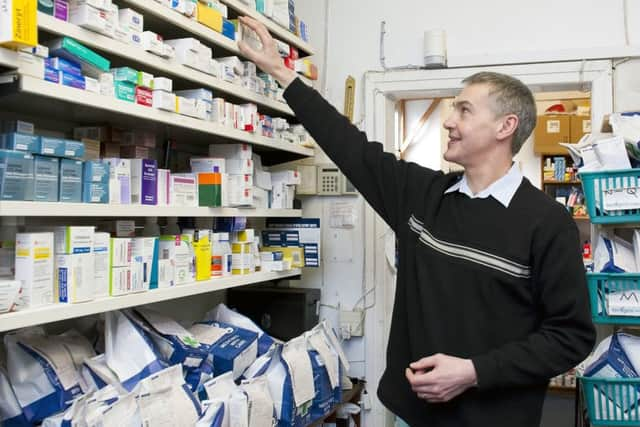Pharmacies can help the NHS tackle our GP crisis


The Scottish Government’s recent drive to recruit an extra 100 trainee GPs only managed to fill 37 places, despite attractive bursaries being offered – a sign that the problem is perhaps not a lack of funding. With a large cohort of current GPs approaching retirement age, the crisis only appears to be worsening, and so alternative solutions need to be explored – fast. This is where community pharmacies, along with other primary care teams, can offer further support to bolster the NHS’s front line against the challenges that are already threatening the great system we all rely upon.
For some people, you might only ever visit your local community pharmacy in order to fulfil a prescription from your doctor. While all pharmacies will dispense your medication, ensure that it is safe and effective for you to take and provide advice on your condition, this is just one of the many services that pharmacists and their teams provide for the people of Scotland. Many existing pharmacy services already relieve pressure on other areas of primary care, and by expanding these and developing new services, your local pharmacy will become the first port of call for your healthcare needs.
Advertisement
Hide AdAdvertisement
Hide AdCurrently, the Minor Ailments Service (MAS) is available to eligible patients in every community pharmacy in Scotland, and allows patients to have a consultation involving the pharmacist when they are suffering from common clinical conditions. This results in appropriate advice to manage the condition being given, and a treatment can be prescribed under the NHS. If necessary, the pharmacist can refer the patient to another healthcare professional, often their GP. This reduces the number of appointments made with GPs for illnesses that can be easily treated in community pharmacy, and costs the NHS less per patient. MAS is a key tool in making sure that the expertise of GPs is not wasted on head lice and verrucas, but its use is limited by both the restrictions on who can use it and the range of illnesses that can be treated. Going forward, the service should be opened up to all patients, hopefully encouraging the public to think “pharmacy first” for minor illnesses, freeing up GP time for more complex cases.


Around 1-3 per cent of all GP appointments are for uncomplicated urinary tract infections, which are relatively easy to diagnose and straightforward to treat if necessary. Allowing pharmacists to assess and prescribe for conditions like this would not only further relieve pressure on GPs, it would be more convenient for patients, as pharmacies are often open later than GP surgeries and do not require appointments.
Pharmacies are ideally placed not just for responding to ill health, but for preventing it. Community pharmacy teams have been instrumental in the success of NHS smoking cessation services – whilst there is still some way to go before a smoke-free Scotland is achieved, the majority of quit attempts have been made in pharmacies, contributing to the reduction in smoking-related illness and deaths. As services to tackle pressing health issues such as obesity and alcohol are developed, pharmacies will seek to be involved in delivery. By enabling direct referral to specialist services such as dieticians and alcohol misuse counsellors, further unnecessary GP appointments can be avoided.
These are just a few ways in which the community pharmacy is responding to the GP crisis, and there are far more options for future development of services to divert care away from surgeries under pressure than I have discussed here. Delivering NHS flu vaccinations, reviewing patients on lots of medication, pharmacists managing and prescribing for long-term conditions – the possibilities are endless!
Harry McQuillan is chief executive of Community Pharmacy Scotland